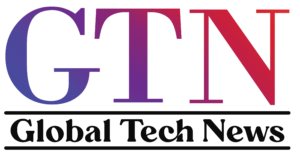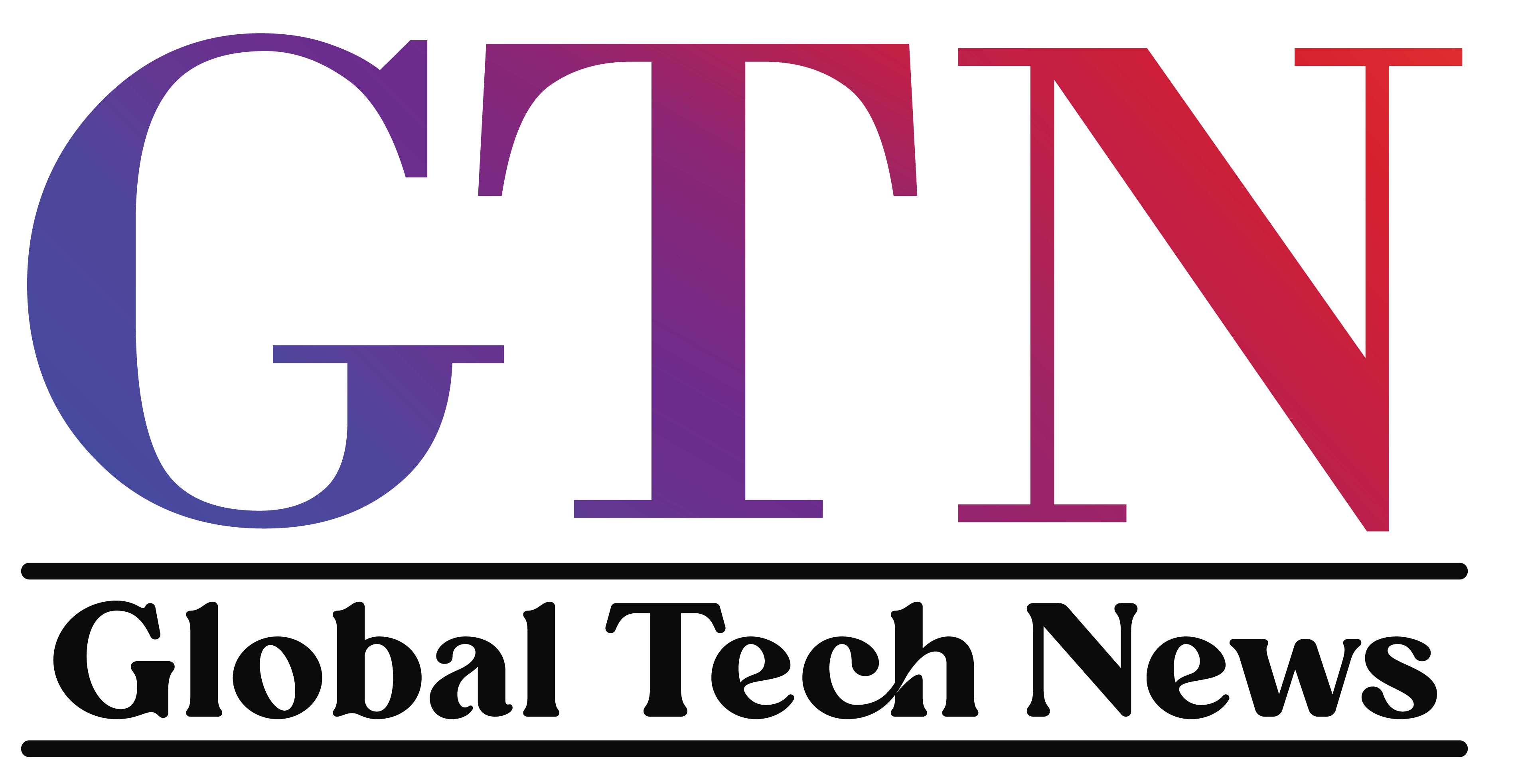Politicians have not stopped mentioning “fake news” since it initially gained notoriety around the 2016 presidential elections. However, false information is a problem that transcends politics. False news is also strongly motivated by money. In order to entice consumers to their websites, spammers frequently use names of well-known brands in their communications. These websites are mostly just adverts that spammers can use to make money. Global Disinformation Index (GDI) research from September 2019 claims that about $235 million worth of online advertisements ended up on websites that had been flagged for spreading misinformation by a number of disinformation-focused organisations. What’s alarming is that 70% of the websites that were warned for spreading false material receive advertisements from Google, according to a sample examined by the GDI [1].
As the virus spread throughout the world, major tech businesses also saw an increase in fake news. Another recent study by the GDI reveals that tech giants like Google and Amazon are giving money to websites disseminating untruths and conspiracies about the coronavirus. The GDI discovered that 86% of the 50 or more coronavirus conspiracy websites it sampled used Google’s ad services [2].
A key objective of significant platforms like Facebook, Twitter, and Google is to combat fake news.
To learn what tech businesses are doing to manage the deluge of false information and fake news, enter your email address below:
Technologies used by IT firms to combat fake news
1. Google
Google’s first attempt to stop the spread of false information was the Google News Initiative. The three objectives of the campaign were to promote trustworthy journalism and counter incorrect information. to provide journalists with dependable tools for their work and to assist reputable news outlets in expanding.
Google has also collaborated with groups like “First Draft” to launch “Disinfo Lab,” which aims to combat false information during elections.
Google also disclosed the existence of a 24-hour coronavirus reaction team that will be responsible for removing false information from Search and Youtube.
2. YouTube
For the purpose of reducing the appearance of negative comments, YouTube has updated its ranking mechanism. Additionally, it introduced the Breaking News shelf on the user’s homepage and the Top News shelf in search results. Additionally, it prioritises authoritative content in the search results. To enhance the calibre of news, it also made investments in reputable journalism organisations.
In addition, YouTube has been establishing fact-checking information panels in the United States, Europe, and India. Along with strengthening their machine learning to categorise information as dangerous, unsafe, and fraudulent, it also increased authoritative content in the Watch Next area.
Google-owned The World Health Organization website on the viral outbreak has also been published to YouTube. The hyperlink appeared next to videos as well.
3. Facebook
With the aid of independent fact-checking organizations, Facebook is working to improve its ability to spot false information when it comes to reducing fake news on social media. Facebook is using machine learning to help its response team identify fraudulent and malicious activity.
Additionally, they started a Facebook Journalism Project. Facebook works with news organisations on this project to create products, services, and tools for journalists that will ultimately assist consumers in making informed decisions.
Additionally, Facebook founded and funds the News Integrity Initiative. The CUNY Graduate School of Journalism oversees this. The initiative’s objective is to raise news literacy in order to boost public confidence in journalism worldwide.
Facebook is including a box in the user’s news feed that directs them to the Centers for Disease Control’s page about coronavirus in an effort to stop the spread of the virus. The World Health Organization would receive an infinite number of free ad credits from the corporation, according to CEO Mark Zuckerberg, to help spread factual information about the situation.





